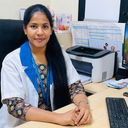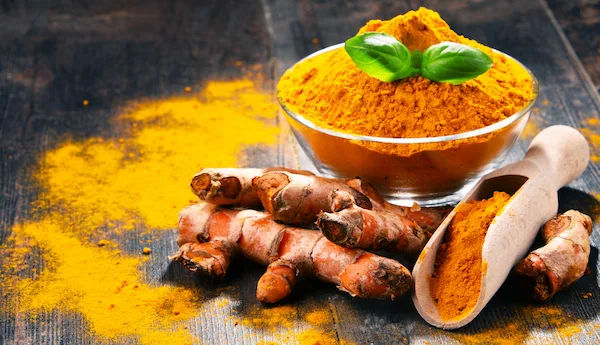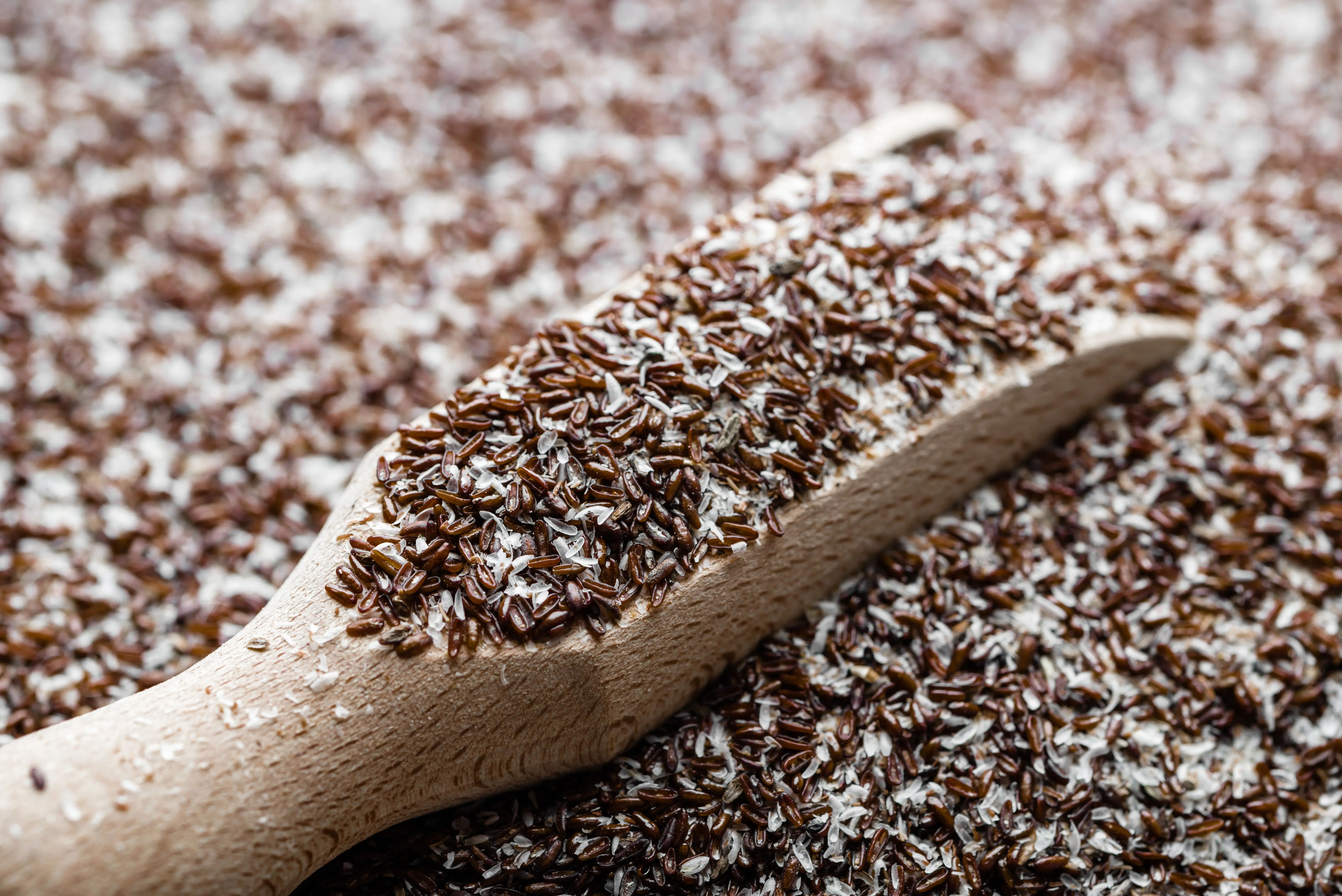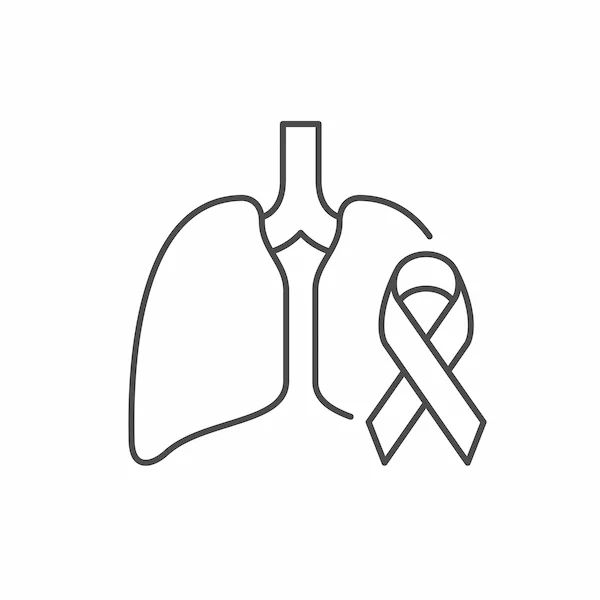Dengue Diet: Foods To Eat And Avoid
Discover the ideal dengue diet to support recovery and boost immunity. Learn which foods to eat and avoid during dengue fever, how nutrition helps manage symptoms, and tips for a faster recovery.

Written by Dr. Mohammed Kamran
Reviewed by Dr. D Bhanu Prakash MBBS, AFIH, Advanced certificate in critical care medicine, Fellowship in critical care medicine
Last updated on 13th Jan, 2026

Introduction
Dengue fever is a mosquito-borne viral infection that can cause high fever, severe body pain, weakness, and in some cases, life-threatening complications like dengue haemorrhagic fever. While there is no specific cure for dengue, a strong immune system and proper nutrition can help your body fight the virus effectively.
One of the most important aspects of dengue recovery is maintaining a healthy diet. The right foods can boost your immunity, improve platelet count, and speed up recovery, while the wrong ones may worsen symptoms. In this article, we’ll guide you through the best foods to eat and avoid during dengue fever.
Why Is Diet Important in Dengue?
Dengue weakens the body, leading to dehydration, low platelet count, and extreme fatigue. A well-balanced diet helps by:
Boosting immunity – Helps the body fight the virus.
Increasing platelet count – Certain foods promote platelet production.
Preventing dehydration – Dengue often causes high fever and sweating, leading to fluid loss.
Providing energy – Helps combat weakness and fatigue.
Now, let’s look at the best foods to include in your diet during dengue.
Consult a Top Nutritionist for the best advice
Best Foods to Eat During Dengue
Best foods to support recovery from dengue fever:
1. Hydrating Fluids
Dengue can cause severe dehydration, so drinking plenty of fluids is crucial.
Water – Sip small amounts frequently.
Coconut water – Rich in electrolytes, helps restore lost minerals.
Herbal teas – Ginger or tulsi tea can reduce nausea and fever.
Oral rehydration solutions (ORS) – Helps maintain electrolyte balance.
2. Fruits Rich in Vitamin C & Antioxidants
Vitamin C strengthens immunity and helps in platelet production.
Papaya – Known to increase platelet count (especially papaya leaf juice).
Kiwi, oranges, and guava – High in vitamin C.
Pomegranate – Boosts haemoglobin and energy levels.
3. High-Protein Foods
Protein helps repair tissues and regain strength.
Boiled eggs – Easy to digest and rich in protein.
Lentils (dal) and beans – Provide plant-based protein.
Lean meats (chicken, fish) – If tolerated, helps in muscle recovery.
4. Iron-Rich Foods
Dengue can lower platelet and haemoglobin levels. Iron helps in blood cell production.
Spinach, beetroot, and pumpkin – Natural sources of iron.
Dates and raisins – Help improve hemoglobin.
5. Easily Digestible Foods
Since dengue can cause nausea and loss of appetite, opt for light meals.
Khichdi (rice and lentils) – Gentle on the stomach.
Boiled vegetables (carrots, pumpkin) – Easy to digest.
Oatmeal or porridge – Provides energy without straining digestion.
Foods to Avoid During Dengue
Some foods can worsen dengue symptoms or slow down recovery. Avoid:
1. Fatty & Fried Foods
Burgers, fries, and oily curries are hard to digest and may cause nausea.
2. Spicy & Processed Foods
Chips, packaged snacks, and spicy dishes can irritate the stomach.
3. Caffeinated & Sugary Drinks
Coffee, energy drinks, and sodas can cause dehydration.
4. Alcohol
Weakens immunity and dehydrates the body.
5. Non-Vegetarian Heavy Meats
Red meat and fatty cuts are difficult to digest.
Additional Recovery Tips
Extra tips to support a smooth recovery:
1. Rest Well – Your body needs energy to fight the virus.
2. Monitor Symptoms – Watch for severe headaches, vomiting, or bleeding gums (seek medical help immediately).
3. Use Mosquito Repellent – Prevent further mosquito bites to avoid spreading dengue.
4. Stay Hydrated – Drink fluids even if you don’t feel thirsty.
When to See a Doctor?
If you or a loved one experience:
Persistent high fever (above 103°F)
Severe abdominal pain
Bleeding gums or nosebleeds
Extreme fatigue or dizziness
Sudden drop in platelets
Consult a doctor immediately. Early medical intervention can prevent complications.
Final Thoughts
A proper dengue diet plays a vital role in recovery. Focus on hydrating fluids, vitamin-rich fruits, and easily digestible foods while avoiding oily, spicy, or processed items. Along with rest and hydration, these dietary changes can help you recover faster.
Consult a Top Nutritionist for the best advice
Consult a Top Nutritionist for the best advice

Dr. Ramalinga Reddy
General Physician
5 Years • MBBS MD General medicine
Bengaluru
PRESTIGE SHANTHINIKETAN - SOCIETY CLINIC, Bengaluru
Dt. Ila Sharma
Clinical Nutritionist
18 Years • Master in food & Nutrition
Gurugram
VIPUL GREENS - SOCIETY CLINIC, Gurugram

Dt. Prabhavathy
Clinical Nutritionist
8 Years • Msc Human Nutrition & Nutraceuticals
Madurai
Apollo Sugar Clinics, Madurai, Madurai
Ms. Bhavana Shetty
Dietician
7 Years • DDHN & Masters in Clinical Nutrition & Dietetics
Bangalore
Apollo Sugar Clinic, Seetha circle bangalore, Bangalore
Dr Sumanth R
General Physician
2 Years • MBBS
Bengaluru
PRESTIGE SHANTHINIKETAN - SOCIETY CLINIC, Bengaluru


.webp)

.webp)